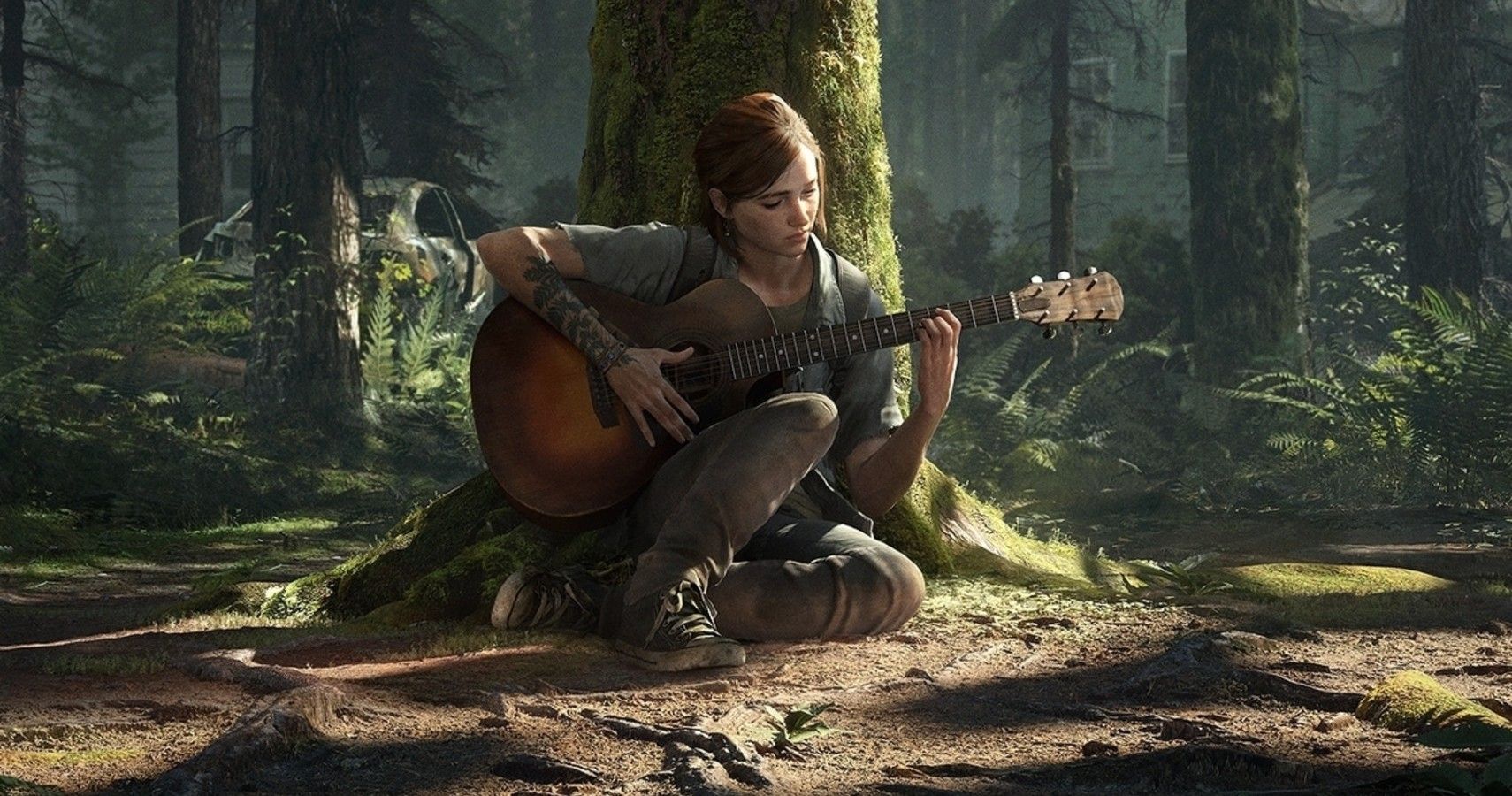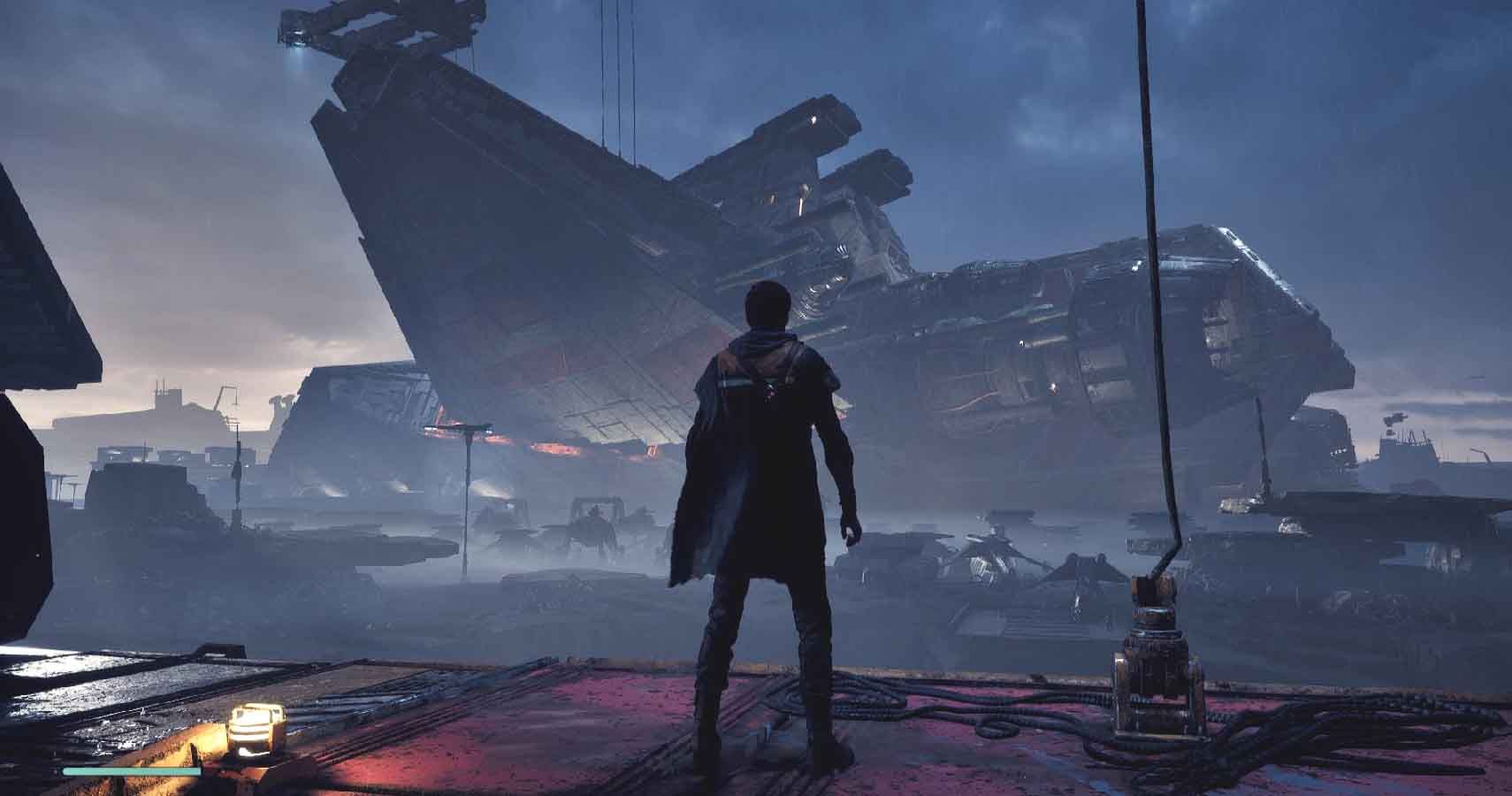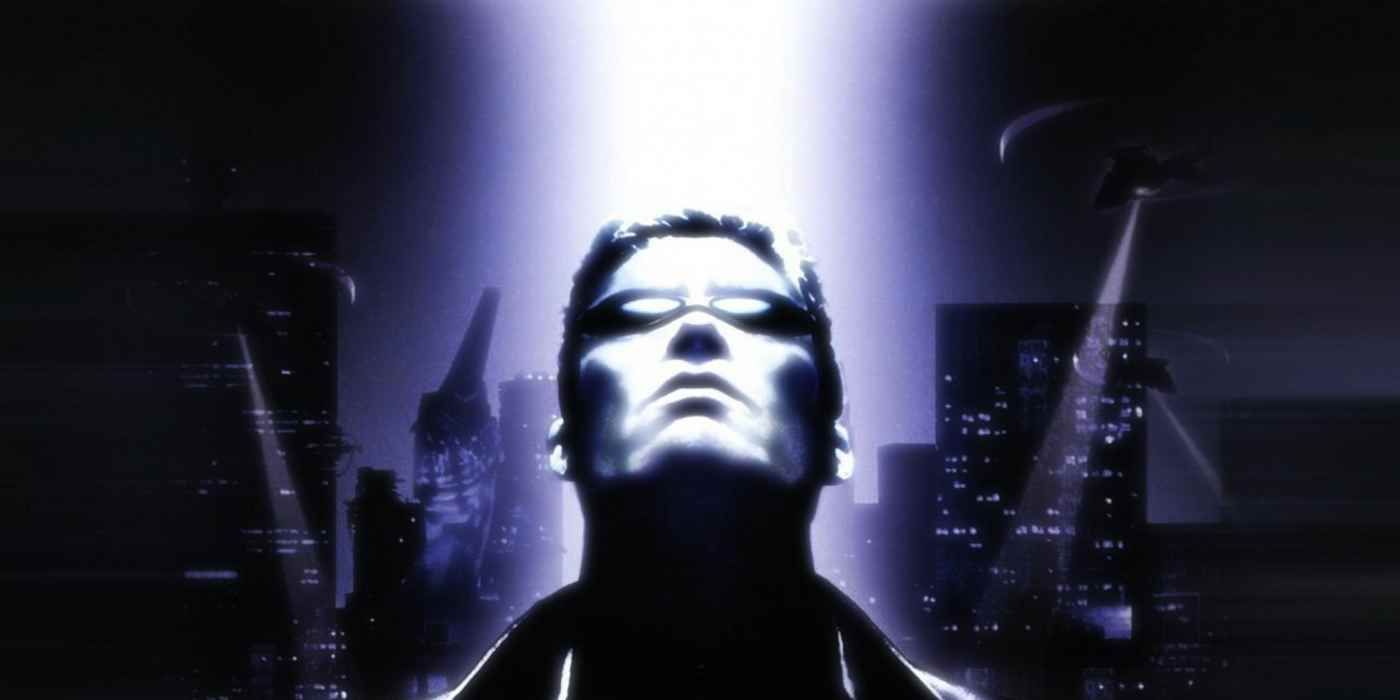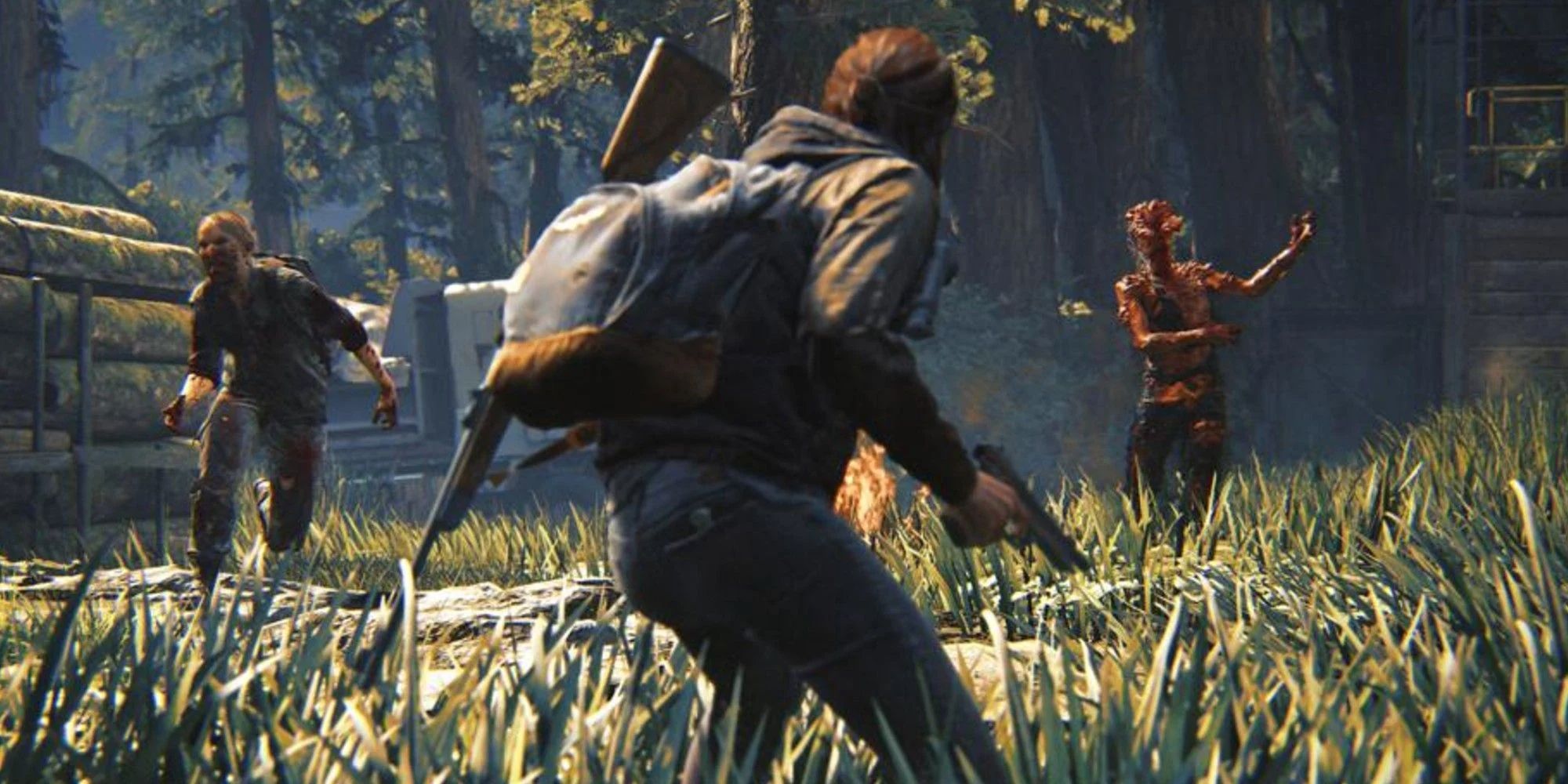Back in the ‘90s, game designers were known as “implementers” and they were treated like shit. While the video game industry is still plagued with issues, the ‘90s were the Wild West. Quality assurance workers were treated like peons, and designers were classed among them as bottom-of-the-barrel game devs. These days, people tend to understand the importance of QA and designers, but game development in the ‘90s had more ego than Love Island.
Before they were known as designers, implementers were upgraded to “technical design assistants”, since the word “assistants” allowed the programmers to keep their authority intact. This was later shortened to “TDA”, which some programmers lovingly twisted to stand for “total dumb asses”. Looking back at the early days where games were approached like database programming, it’s no surprise the games industry is where it is today.
I’m not writing this to say “all programmers are assholes”, of course. It just got me thinking: where is the video game? If you want to make a game right now - literally, right this second - you only need to download a game engine and go for it. Sure, you have to learn a lot - even making a door work in Unreal Engine will make you want to cry - but you can go ahead and do that. It’s free. If you use Unreal Engine, you don’t even need to learn R2-D2’s native tongue - there are logic blueprints where programming used to be. You can also use programming if you know how, but it’s not a requirement - you can simply download an engine and make a game, start to finish, without any programming skills whatsoever.
Programming is far from obsolete, but it’s increasingly less important when starting out. I also believe that it’s in the implementation where games shine.
What are the things you remember most fondly from your favourite games? In The Witcher 3, is it the dialogue system, or is it the content of the conversations you had? In Red Dead Redemption 2, did you care about the world clock, or did you care about the restaurant being built near Valentine over time, progressing as you made your way through the game?
In the original Deus Ex, there’s a guard. If you’re a stealthy player, you might slip past them. However, if you decide to kill them, you’ll find a packed lunch on their corpse and a note from their child - “I hope you enjoyed the PB&J sandwiches, dad.” A programmer made the inventory system, allowing you to look through their belongings, but a designer would have placed the objects on the guard. It’s not the act of going into the inventory that you remember - it’s the story it tells. When this happened to me many years ago, I reloaded the game. I couldn’t live with my choice. The implementation is powerful.
Before you reach Father Gascoigne in Bloodborne, you come across an NPC called Young Yharnam Girl. She tells you her dad never came back from the hunt and her mother is missing. If you agree to look for her mum, she says, "Really? Oh, thank you! My m-mum wears a red jeweled brooch. It's so big and... and beautiful. You won't miss it. Oh, I mustn't forget. If you find my mum, give her this music box. It plays one of daddy's favorite songs. And when daddy forgets us, we play it for him so he remembers. Mum's so silly, running off without it."
If you get the music box, you can play its tune to stagger Father Gascoigne during the fight. It’s a perfect marriage of mechanics and storytelling, and it wouldn’t be possible without the FromSoftware team working together as a cohesive unit.
When you think back to The Last of Us Part 2, what do you remember about the workbenches? You might think of how great the animations are when upgrading a weapon, but my overriding memory is the time a group of survivors jumped me from behind while I was using one. Workbenches are usually a safe space - you are essentially in a menu - so it catches you off-guard when you’re grabbed from behind. Designers are there to set and subvert your expectations, and that’s what sticks with you.
Of course, huge teams work together to create a game - and programmers are an important part of that - but many of the most memorable moments come from the implementation. Games exist in the content.
Think about why you like Open-World Game 1 more than Open-World Game 2, and I guarantee you it’s because Open-World Game 2 has uninventive, repetitive missions. You might like the world, the movement, the combat, the systems, but how it all comes together is more important than the disparate parts. It’s what separates a good game from a great one. Then, of course, it’s in the characters, the writing, the acting, the music, and even the user interface. Video games are more than code.
Sid Meier once said, “a game is a series of interesting choices”. While that can be applicable, I think video games have grown beyond that narrow definition of what a game can be. Is What Remains of Edith Finch a series of interesting choices? I don't think so, but that doesn't make it any less of a game. Modern games are portals, a window to another place. They’re empathy machines. They’re stories. They’re thrill rides and emotional gut punches. Video games can be anything, and a lot of what makes them individually appealing depends on context.
When video games were in their infancy, they were approached like tech. As we continue to move away from that and accept them as a larger part of culture, I can’t wait to see how future designers pull the rug out from underneath us.




